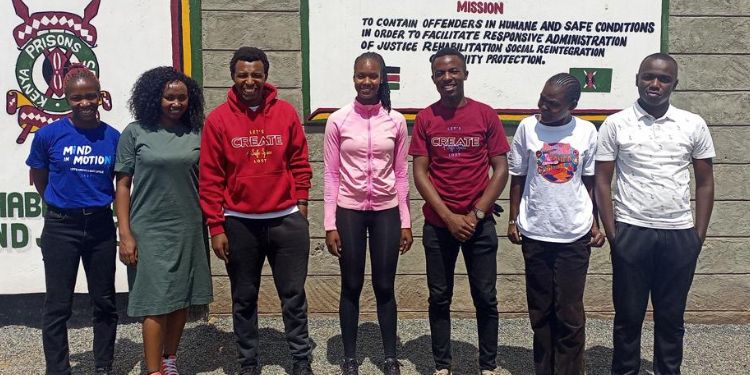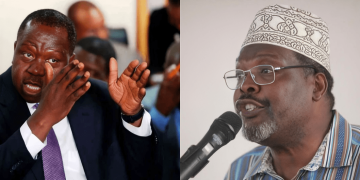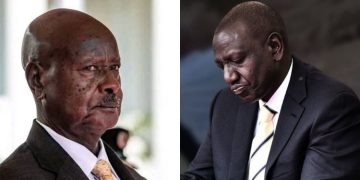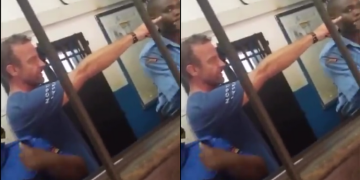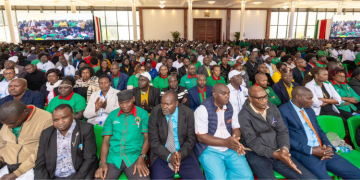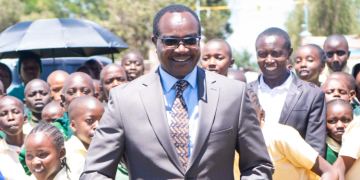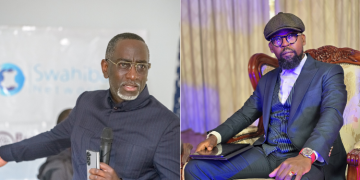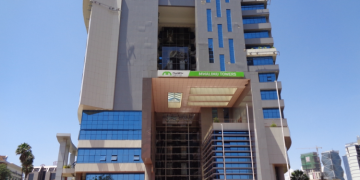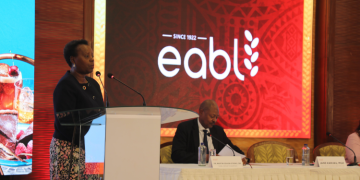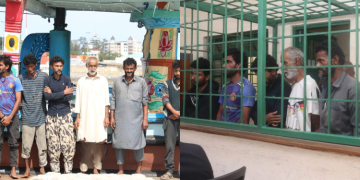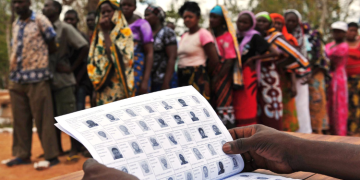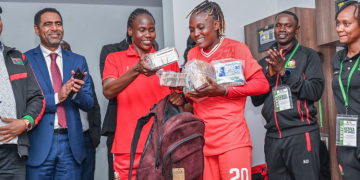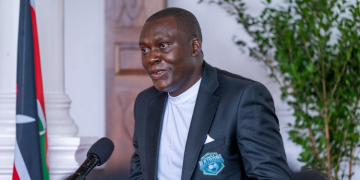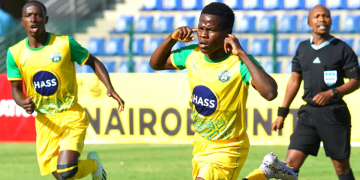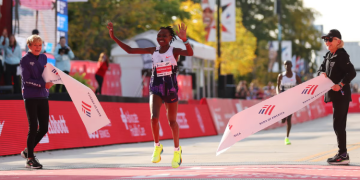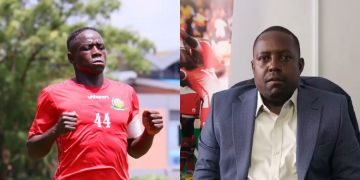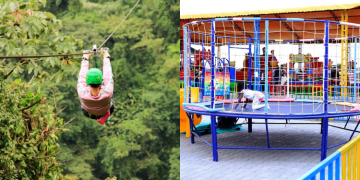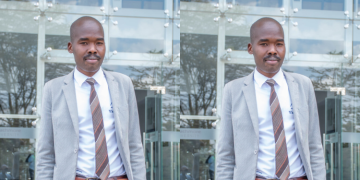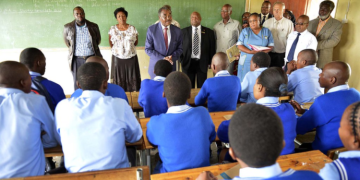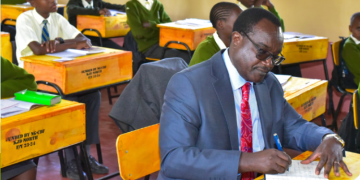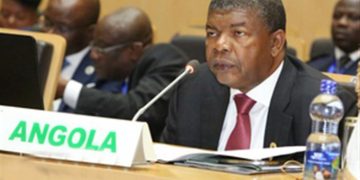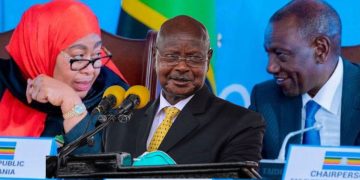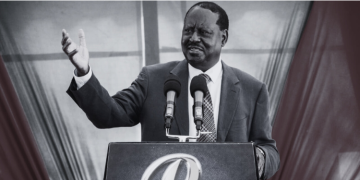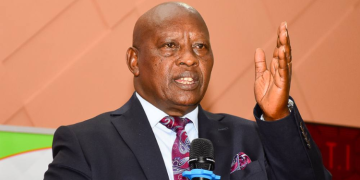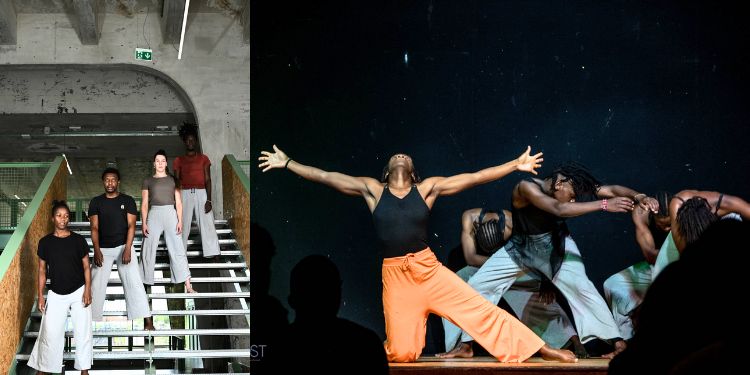Inmates at Kamiti Maximum Prison are dancing. Not for entertainment, but for emotional survival.
Although mental health in Kenya is still heavily stigmatized, a grassroots Kenyan initiative called Lost State of Mind is turning movement into medicine, helping young people process pain, build resilience, and reclaim their stories through art.
The organization was founded in January 2022 by dancers Suleiman Maningi and Vincent Owoko, who have both been in the performing arts space for over a decade.
When the opportunity came to collaborate, they realized they could build something more intentional.
“Our own personal experiences with mental health, our struggles, the people we’ve lost, and the people we’ve seen hurting in silence, made us want to create a space that brings hope,” said Maningi in an interview with The Kenya Times’ Correspondent Joy Kwama.
Their first dance piece, also titled Lost State of Mind, premiered in May 2022 and was ‘met with an overwhelming response’ according to Maningi.
“Audience members engaged deeply with the performance and opened up about their mental health challenges.”
The two co-founders were encouraged by the impact and registered Lost State of Mind as an official organization, committed to using dance, movement, and storytelling to raise mental health awareness.
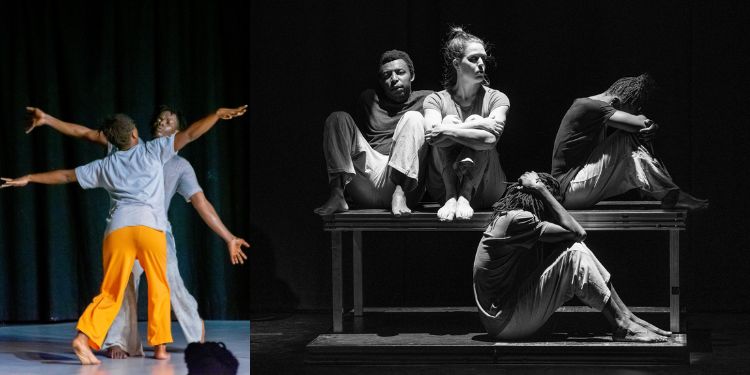
Why the Name Lost State of Mind
Explaining the meaning behind the name Lost State of Mind, Maningi said it speaks to the mental and emotional disorientation people often face.
“We go through struggles, confusion, heartbreak, and pressure. Most of the time, we’re just moving through different emotional states,” he said.
Also, he explained that the name is not only about sadness or pain, but about “the quiet battles we fight inside our heads.”
“We all, at some point, get lost. But if we can talk about it, move through it, and express it, especially through something like dance, we can begin to find our way again,” he noted.
The foundation of Lost State of Mind’s healing approach is based on four key emotions, including anger, fear, happiness, and sadness.
Maningi explained the concept using the analogy of an “emotional cup.”
“When we let these emotions build up without expressing them, they eventually spill over. That’s when they begin to control us,” he said.
Therefore, to help participants manage these emotions, each is explored through guided movement. For instance, in sessions focusing on anger, participants are encouraged to remember something that made them deeply angry and then express it physically through dance.
“That physical release helps empty the cup a bit and puts them back in control,” he added.
The same principle is used to explore fear, sadness, and even happiness.
Also Read: One in Five Kenyan Teens at Risk of Mental Health Disorders – Report
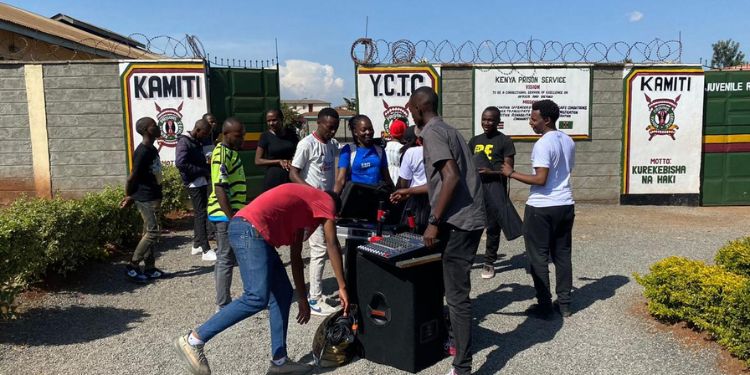
Programs Built Around Expression and Healing
Lost State of Mind operates three main programs, including Mind in Motion, Bars to Belonging, and Empower Through Movement.
Mind in Motion uses dance to open up dialogue around mental health. The program features performances, workshops, and partnerships with schools and healthcare providers to reach youth and marginalized groups.
“We bring together creative arts and mental health advocacy to create safe, inclusive spaces,” said Maningi.
On the other hand, Bars to Belonging, was implemented at Kamiti Maximum Prison, targeting juvenile detainees. Many of the participants have experienced trauma, isolation, and a lack of emotional support.
Through dance, DJing, embroidery, beadwork, music production, and mental health education, the young people are guided to rediscover their self-worth, build emotional resilience, and prepare for reintegration after incarceration.
Additionally, the third program, Empower Through Movement, blends dance and therapeutic techniques for a wider audience. Sessions focus on emotional release, connection, and personal growth.
“It’s open to anyone seeking healing, from students to adults,” said Maningi.
Fighting Stigma and Cultural Silence
One of the challenges the organization addresses is the cultural stigma around mental health in Kenya, especially among the youth.
According to Maningi, Lost State of Mind offers a response to that silence.
“Culturally, we’re not always encouraged to speak openly about what we’re going through. Young people are often told to “be strong” or to “keep quiet,” which pressures them to bottle up emotions.”
“We’re creating safe, creative spaces where youth can express themselves freely without judgment. Whether through movement, conversation, or art, the goal is to offer validation and connection,” said Maningi.
To build trust in communities unfamiliar with mental health discussions, Lost State of Mind begins with engaging, low-pressure activities like games or dance sessions.
Once the space feels safe, the team gradually introduces mental health education using relatable language and real-life examples.
Maningi believes that perceptions around mental health in Kenya are slowly changing, especially among the youth., with more young people starting to talk about their struggles, seek help, and open up.
However, he noted that real progress requires government support and stronger policies. One myth he hopes to dispel is the belief that mental illness is linked to witchcraft.
“We hope to see stronger policies and more investment in mental health across Kenya. Awareness must turn into action and accessible care. People don’t need deliverance, they need understanding, support, and access to proper care,” he stated.
Also Read: Rethinking Masculinity and Mental Health: How to Help Men Speak up
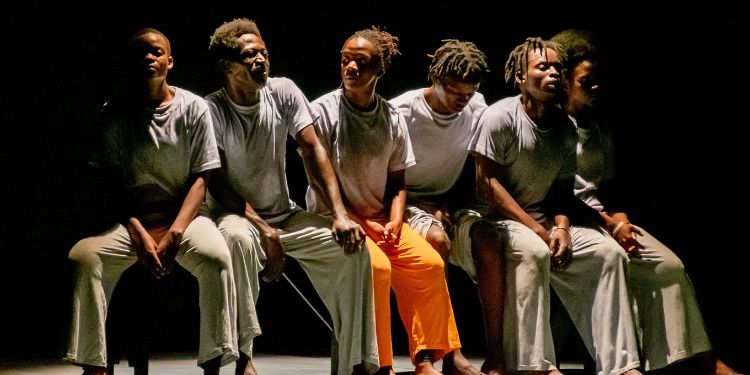
How do you measure impact?
Because healing is deeply personal, Lost State of Mind tracks emotional shifts using non-intrusive methods.
A common tool is the sticky note exercise, where participants write down how they feel at the beginning, middle, and end of a session.
The organization also uses digital forms after workshops to collect feedback on how participants felt and what they learned.
“It’s not about checking boxes, it’s about giving people a voice in their own healing,” he added.
Also, partnerships with therapists, educators, and artists are very important to the organization.
“Therapists help us shape the mental health curriculum, educators connect us with students, and artists help deliver the message creatively,” said Maningi.
In the next five years, Maningi’s vision for the initiative is expanding beyond Nairobi and into other parts of Kenya and East Africa.
“We want to reach communities that have never had access to mental health support through art and movement,” he said.
He hopes Lost State of Mind will influence national policy by proving that creative expression is a valid tool for emotional and psychological support.
“Real change will come when mental wellness is prioritized not just in hospitals, but in schools, communities, and even government planning.”
Follow our WhatsApp Channel and X Account for real-time news updates.
